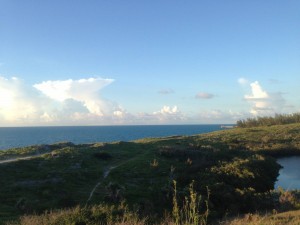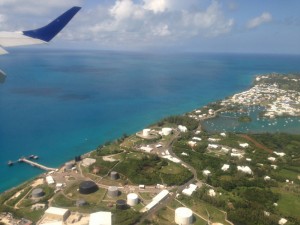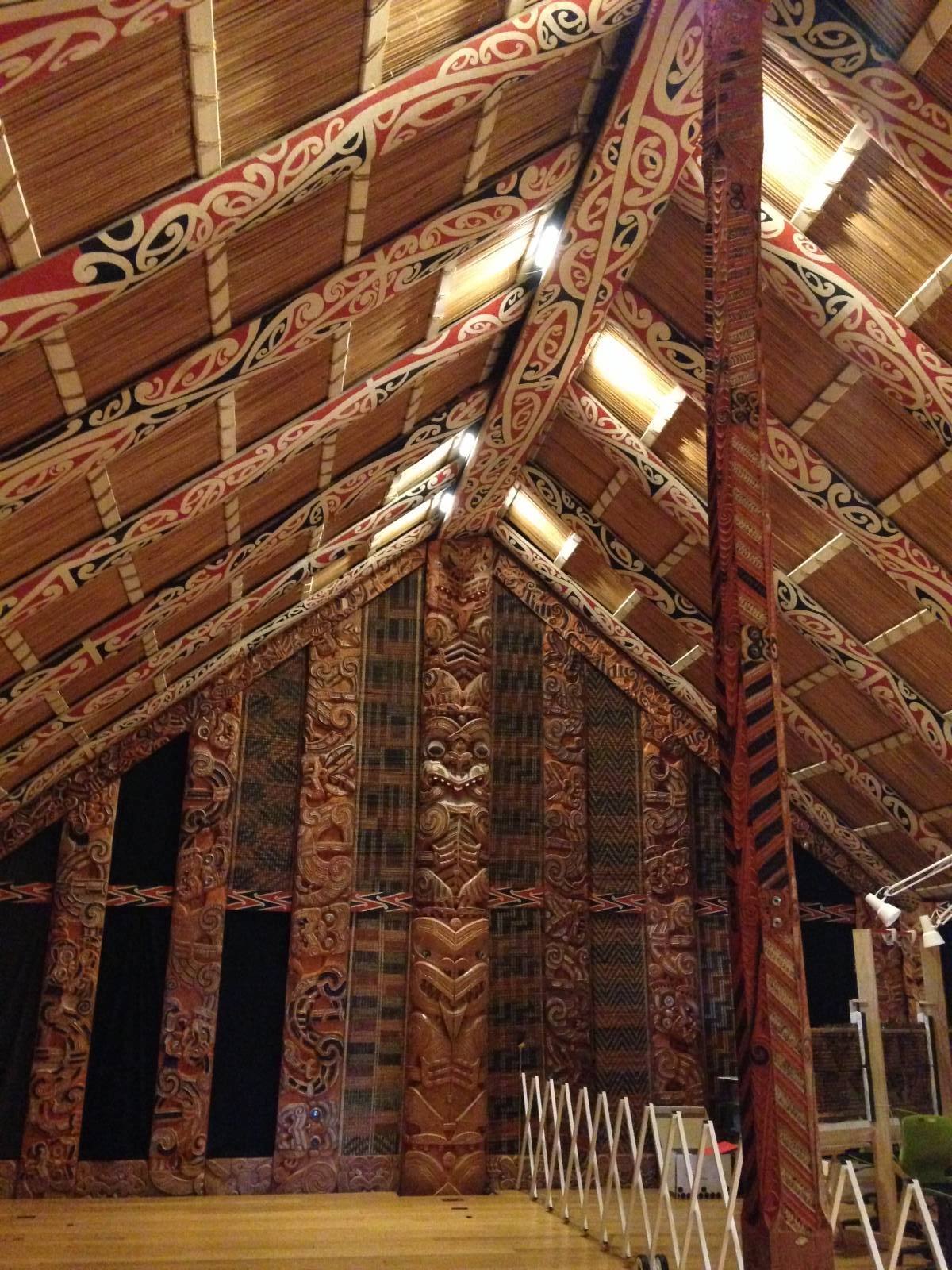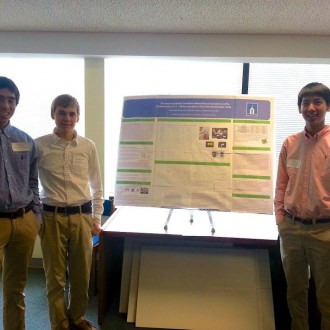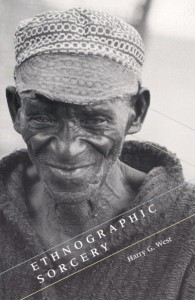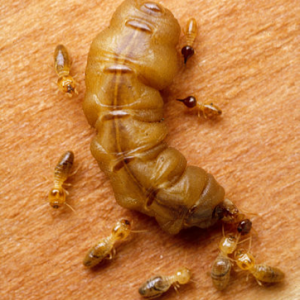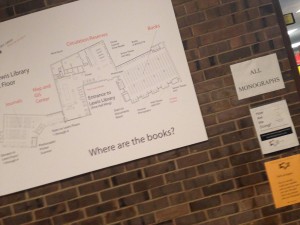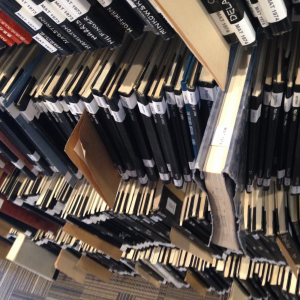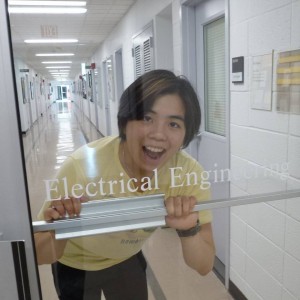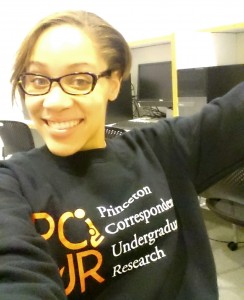When you’re struggling to begin a paper, perhaps the last thing on your mind is the possibility that you might have too much to write about. But sometimes when you’re struggling to start, it’s not because you don’t have enough to write about, but because you have too much. Have you ever found yourself with so many competing ideas bouncing around in your head, each clamoring for expression, to the point that your writing has no focus?
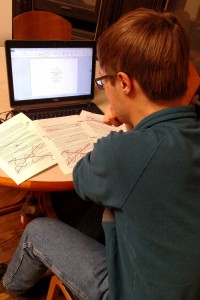
When I find myself in such a situation, I remember an unfortunately violent piece of editing advice: Kill your children — that is, don’t let your attachment to particular sentences or ideas prevent you from cutting them.
Just do it. Don’t convince yourself that an idea that it must remain in your draft at the expense of the quality of the work as a whole. However painful it may be, there will come a time when you have to sacrifice something for the good of the piece.
This fall, I wrote a piece for my journalism class, later published in the Daily Princetonian, about Princeton’s Career Services office. In the course of researching for the article, I interviewed more than a dozen students, alumni, and career service staff. Musicians and consultants, grad students and executives – everyone had their own story, their own advice to offer me and other students.
Continue reading The value of harsh editing: “Killing your children”


